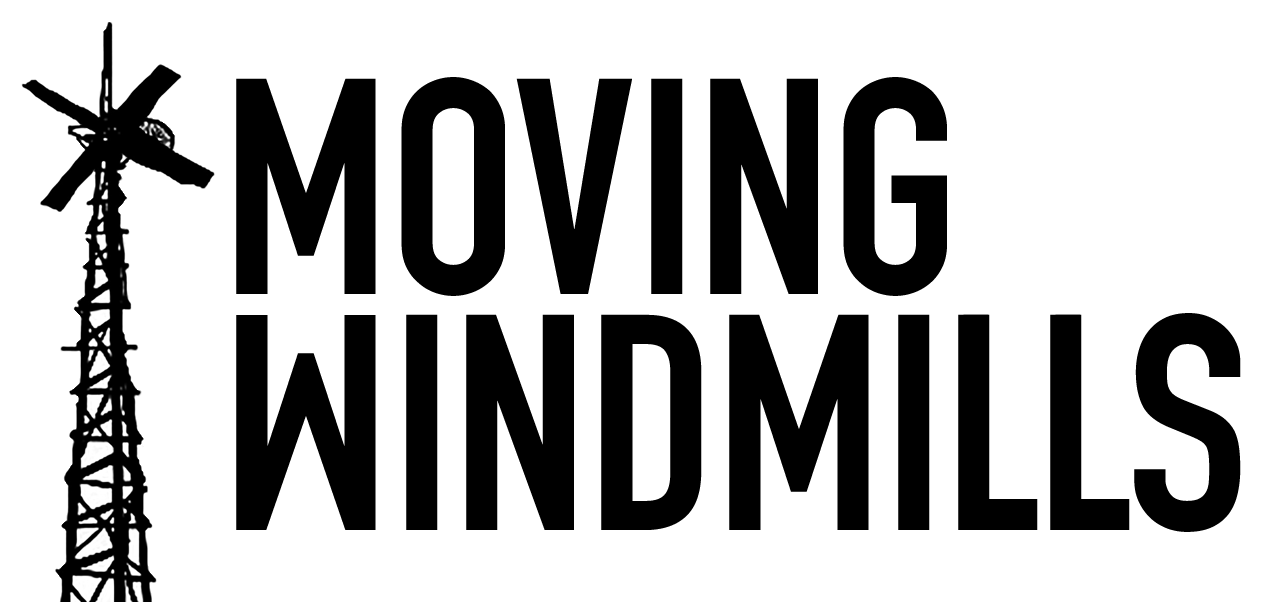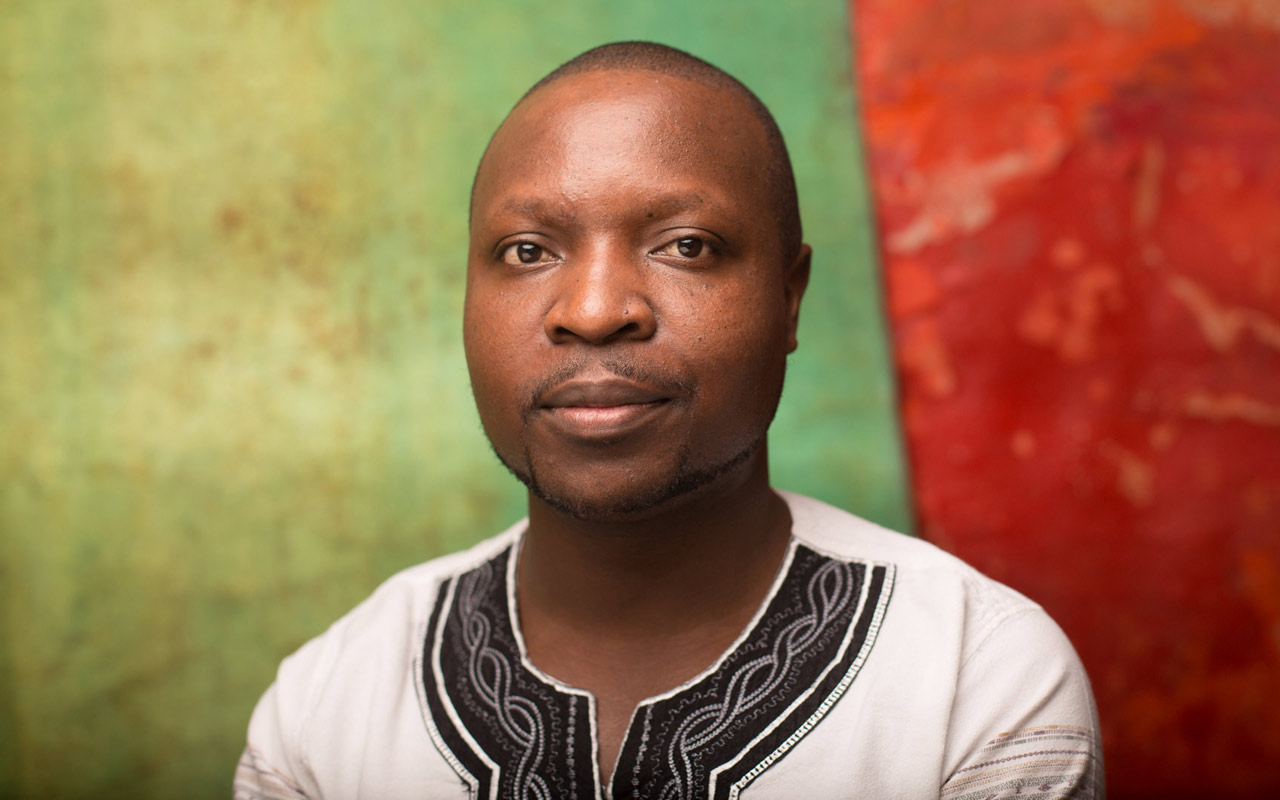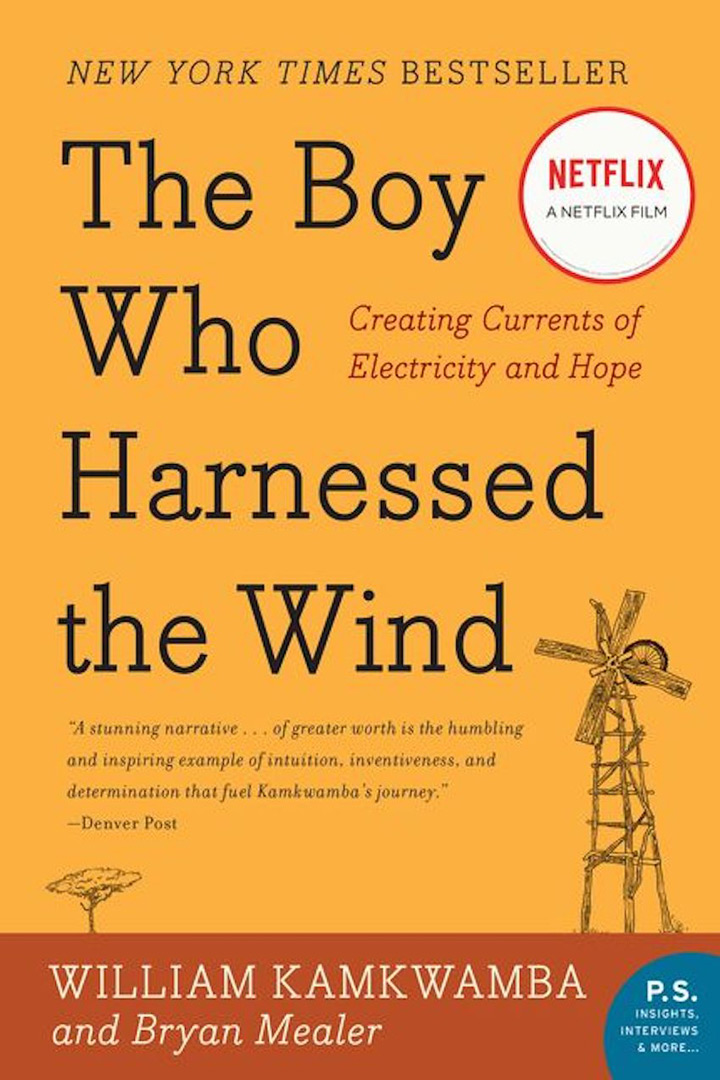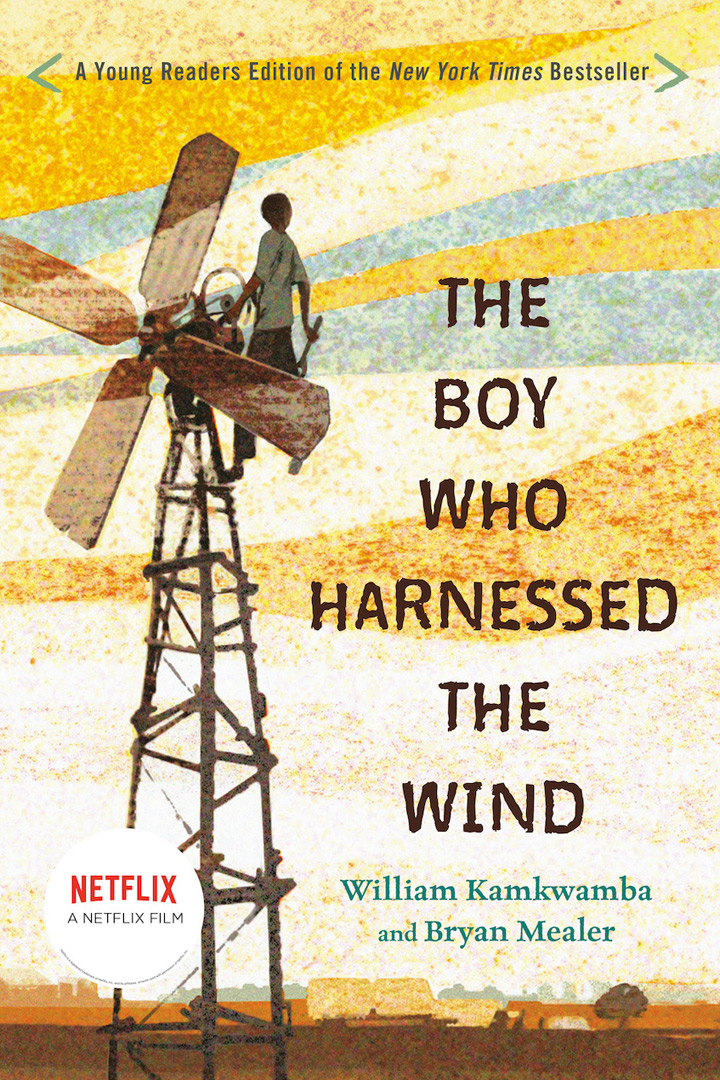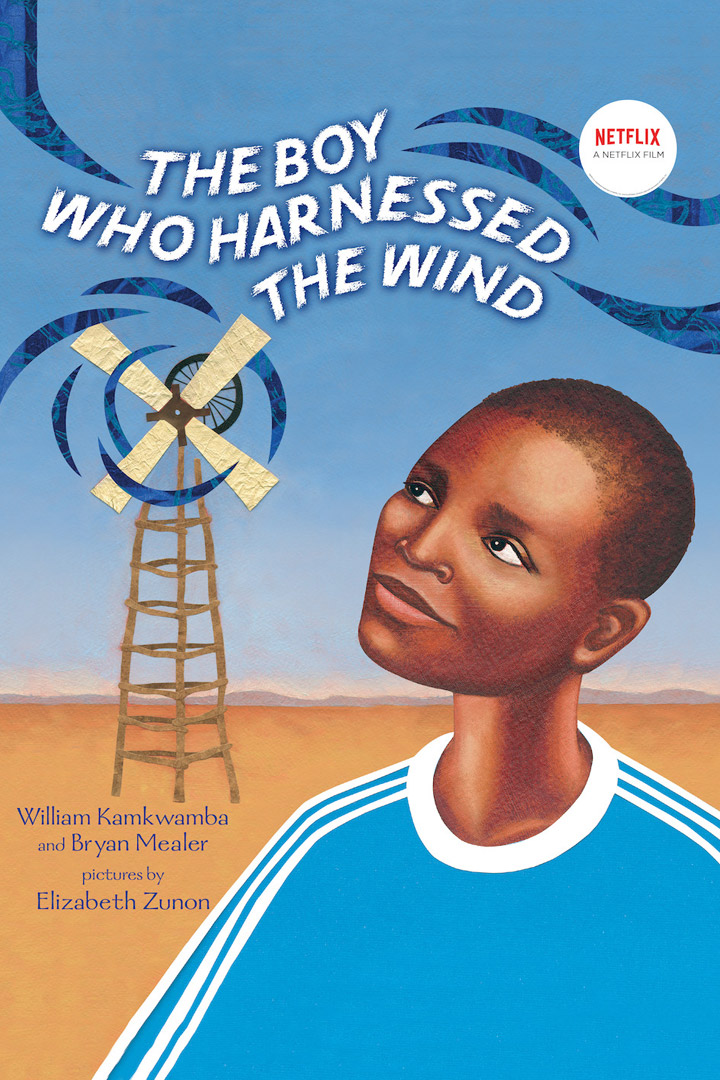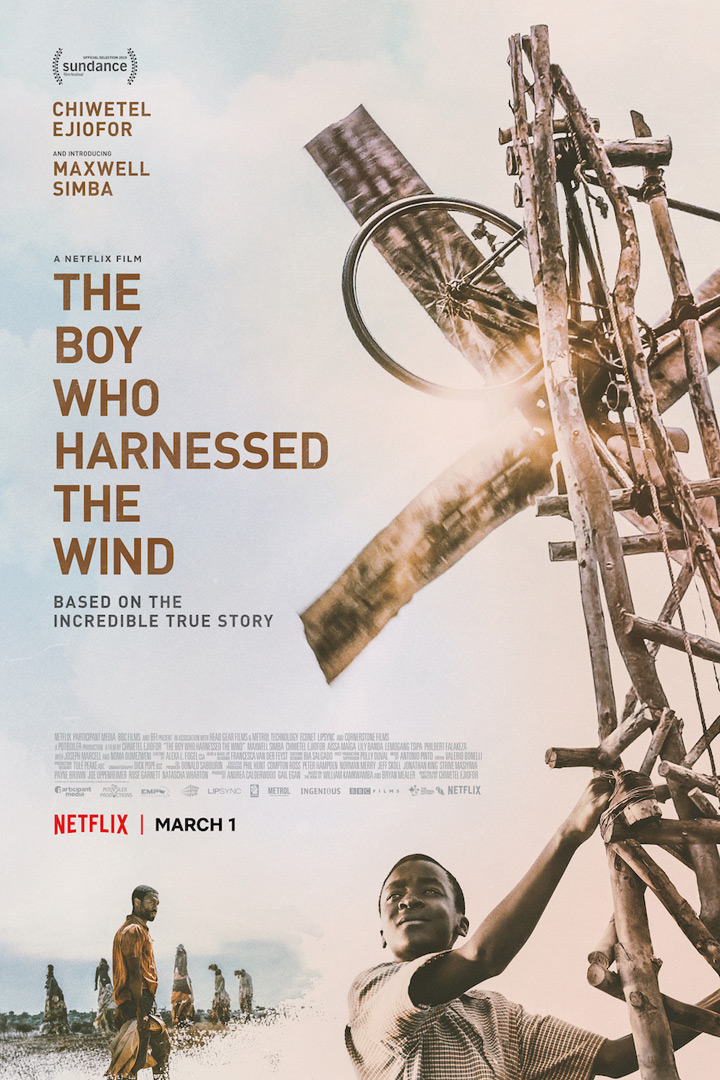Moving Windmills Project
Fuelling African innovation
From the inspiring tale of a simple windmill that sparked a movement, the Moving Windmills Project continues to fuel youthful resilience and ingenuity in Kasungu, Malawi. Rooted in purpose and community, we are committed to revolutionising problem-solving for more sustainable and innovative futures.
Empowering a generation of change makers. From Malawi, to the world…
Your support is greatly needed and appreciated.
Building community. Empowering creative problem-solvers.
Since its founding in 2008, inspired by William Kamkwamba’s inventive spirit, the Moving Windmills Project has emerged as a leader in ethical, hands-on development in Malawi. With nearly two decades of experience, our unique approach combines sustainable, circular, and human-centered design, not just offering, but cultivating solutions from within the community to build a lasting legacy.
For nearly two decades, Moving Windmills has:
- Built low-cost water wells with percussion drilling.
- Installed solar powered pumps and energy systems.
- Renovated local schools with new facilities and learning materials.
- Fostered sustainable farming, nutrition and community programs.
Malawi is a youthful country — nearly 50% is under the age of 25.
Its burgeoning population is poised for growth and brimming with potential yet confronted by an under-resourced education system and climate-stressed agricultural practices. Moving Windmills leverages this youthful energy, fostering resilience through practical experiential learning, sustainable agri-tech, and renewable energy solutions. By equipping the next generation to overcome socio-economic and climate change hurdles, we are nurturing emphatic proactive leaders ready to shape tomorrow’s future.
%
50% of Malawians are under the age of 25
%
67% of eligible Malawians will not finish primary school
%
80% of Malawians are subsistence farmers
- Multifunctional hubs to transform learning environments
- Life essentials, art and sports to strengthen community ties
- Educational and vocational routes to enhance mentorship pathways
- Exchanges and practical training to cultivate collaborations
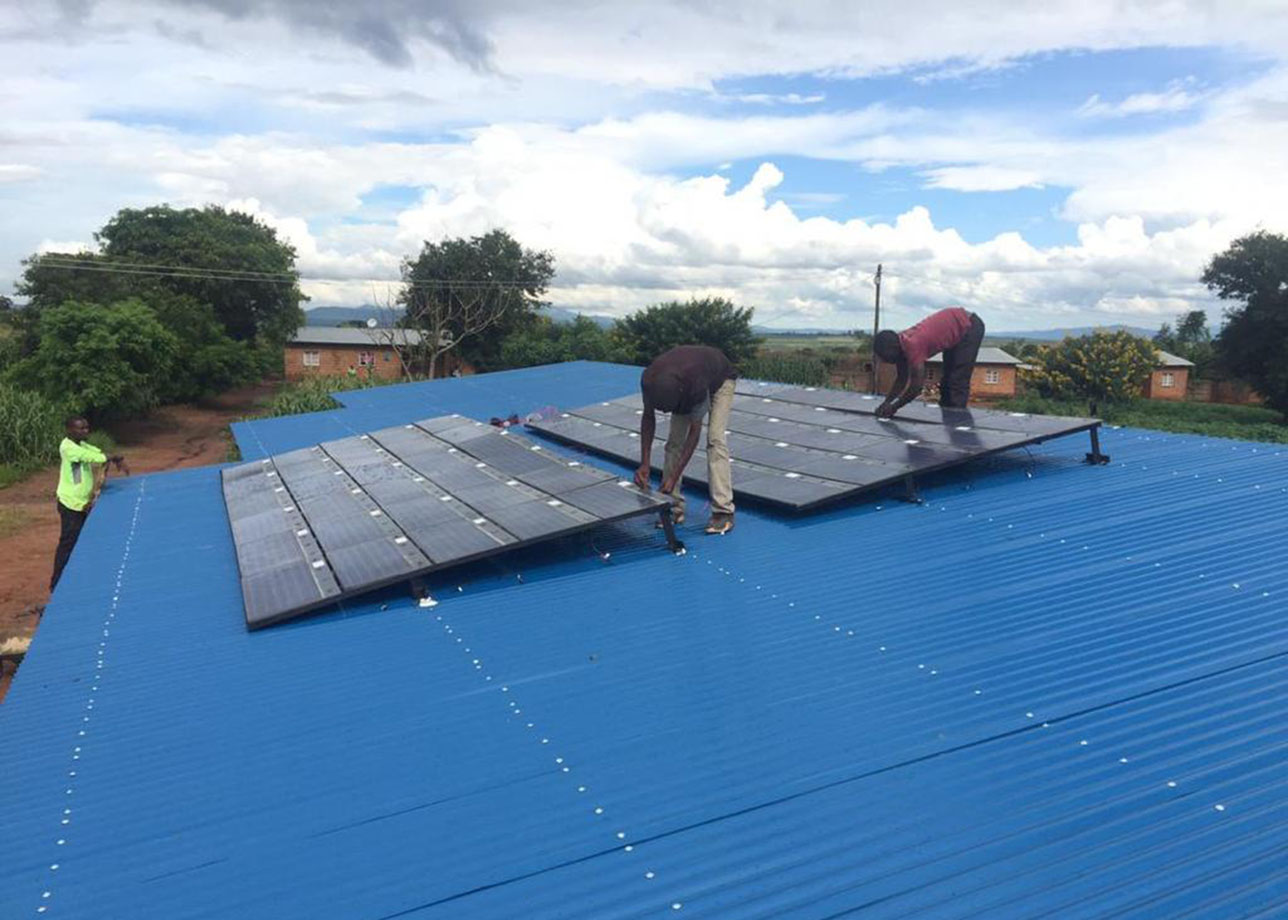
As we lay each foundation of opportunity, your support cements our progress. Join us.
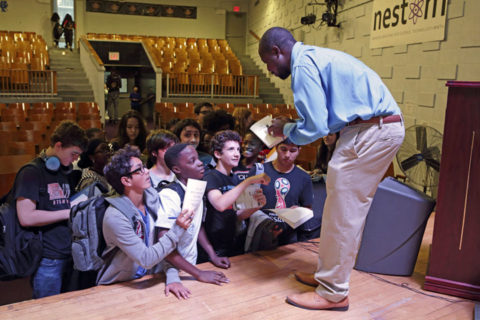
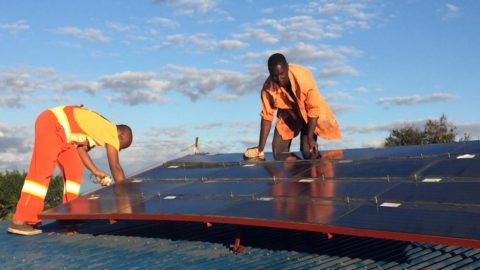
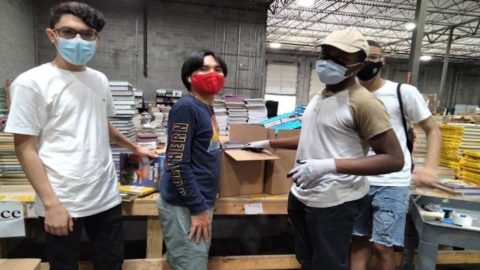
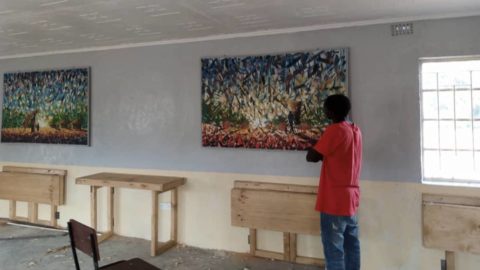
The Innovation Center will:
- Convene students, mentors, and the broader community to forge innovative solutions for African challenges.
- Foster strategic partnerships with organisations and individuals aligned with our mission.
- Boost Malawi’s economy by establishing an incubator that fosters innovation and entrepreneurship, becoming the region’s center for development.
- Be an exemplary model for collaborative learning and human-centered design.
- Offer a foundational headquarters for Moving Windmills’ initiatives, anchoring our activities and vision.
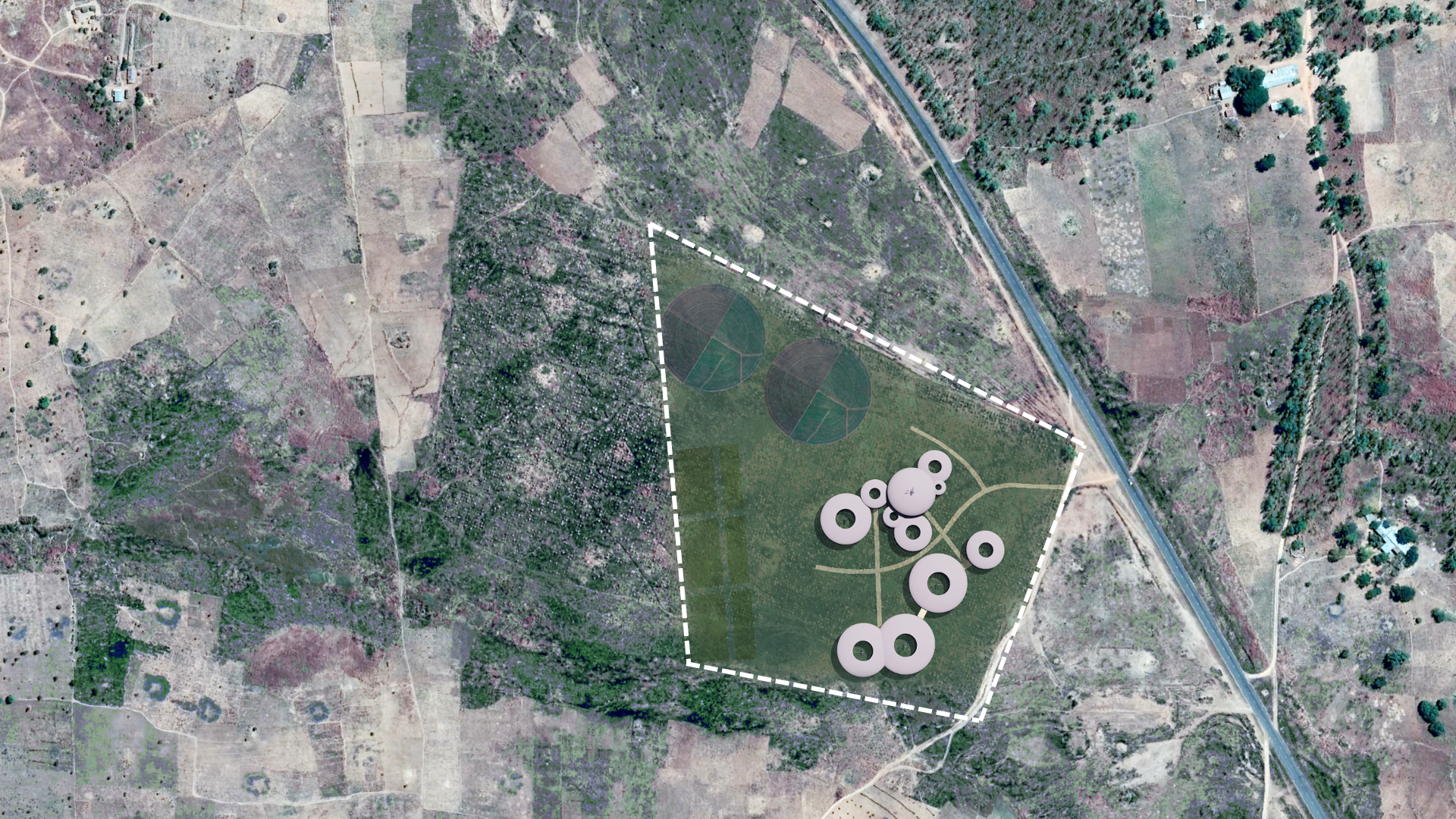
William’s Story
Your support is greatly needed and appreciated.
In Malawi, a country facing immense challenges — from climate hardships to educational barriers — every contribution you make becomes a catalyst for extraordinary change. By supporting us, you are part of a powerful movement to turn adversity into opportunity, actively participating in a transformative journey that reshapes lives and communities.
